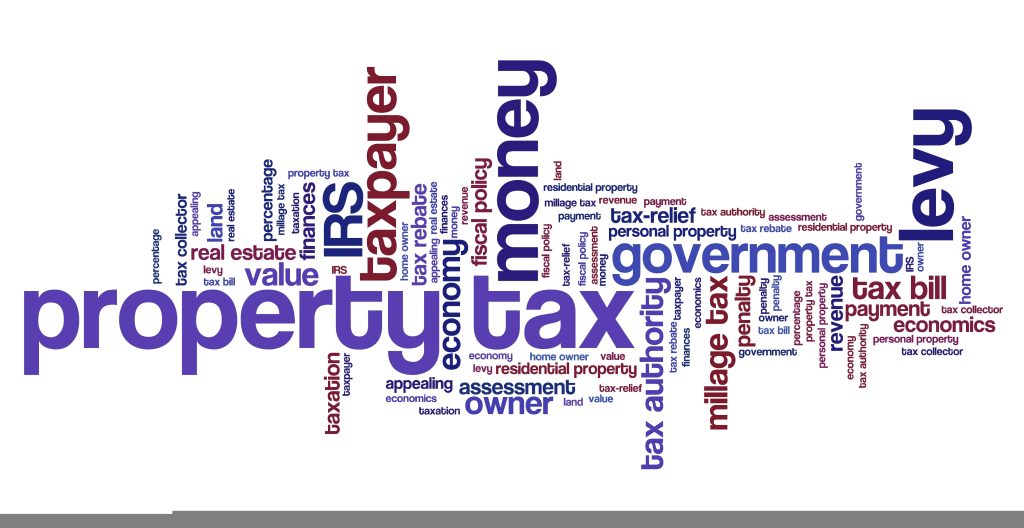
Cities, municipalities and counties rely on property taxes to fund their budgets to provide services like police and fire departments, public school systems and road maintenance crews. Regardless of what locality you call home, fairness, equal treatment and uniformity are likely the central themes of your local property tax system.
That’s not to say that property taxes are levied equally or uniformly in every jurisdiction in the United States. In fact, the contrary is true.
QUICK FACTS ON THE PROPERTY TAX SYSTEM IN THE UNITED STATES
Most government jurisdictions below the state level in the United States levy a tax on interests in real property. Certain features of these local property tax systems are near universal:
- Taxes are generally based on the property’s fair market value, which is the price a willing and informed seller would be willing to sell it for to an informed buyer.
- Property taxes attach to the property on a specific date and are due from the property owner on a specific date.
- Multiple overlapping local jurisdictions have the authority to tax the same property (for example counties, towns, school districts, utility districts, etc.).
BUT THE SIMILARITIES END THERE.
Assessment ratios and tax rates vary from jurisdiction to jurisdiction and may vary within a jurisdiction for different property types. Tax rates on a particular piece of property may vary depending on who owns it, how it is being used and when it was last sold.
Because the property tax system is so complicated, taxpayers naturally try and figure out ways to make it work in their favor. For example, growing a small amount of produce on an otherwise industrial plot of land may qualify the site as agricultural land and reduce its taxable value.
WHY DO WE HAVE A SUCH A DISJOINTED PROPERTY TAX SYSTEM?
The history of the United States can be viewed as a struggle between two contradictory inclinations:
- To guarantee that there are justice and equality in every jurisdiction, a responsibility that naturally falls to the federal government
- To prevent the federal government from gaining too much control, which means a certain amount of authority must reside with state and local governments
This dichotomy has been reflected in our property tax system since the beginning.
During the Revolutionary War, the colonial government was forced to increase tax rates several times over to fund their war against the British. Public outcry was widespread. Interestingly, the complaints had less to do with the high levels of taxes and more to do with the fact that the tax burden was not being equally distributed among all citizens.
Because taxes were being assessed at an equal rate per acre but not taking into account the value of the land, poor farmers that owned many acres were paying more than rich urban dwellers who owned less land. Following the war, there was a renewed push to expand the notion of equality under the law to include how property taxes were levied. That meant a more fragmented property tax system.
As the frontier was settled, property taxes provided local governments with a reliable way to collect taxes in areas where there were few businesses and little commerce. As a result, property taxes became a principal source of revenue for local governments, and this remains true to this day.
Working with Lakeside Title
With few guarantees out there for realtors and lenders, Lakeside Title is here to help. Our services include full abstract searches, title commitments and opinions, document filing and recording, curative work, issuance of title insurance policies and much more. For more information on how we streamline closings, visit our homepage or contact us directly!




